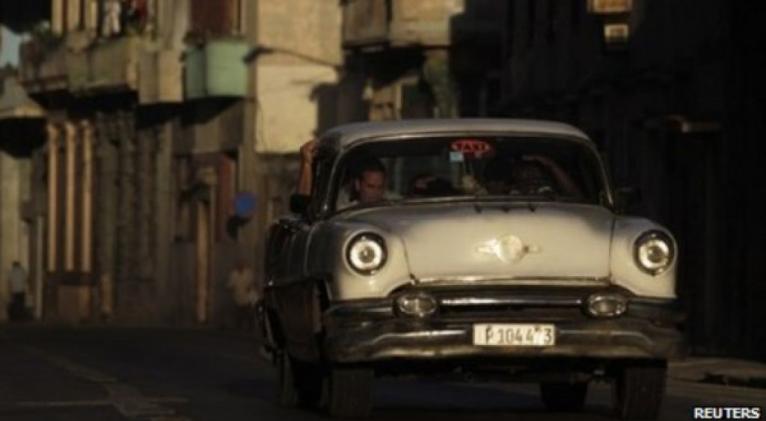Almost 400,000 Receive Private Loans in Socialist Cuba
especiales

The Cuban central bank has extended its reach, granting almost 400,000 personal loans to Cubans since lending to individuals began in 2011, said the bank's Vice President Francisco Mayobre on Thursday.
The total loans amounted to some US$122 million (3.23 billion pesos), reaching 378,011 people as of September 30 of this year. According to Mayobre, 63 percent of those loans went to financing the construction of housing and a large number went to small farmers, he told the state run daily Granma.
“There continues to be a strong presence in banking portfolios lending to individual farmers, who, since the new policy – the Decree Law 289 – was implemented until today, have received 1,1 billion pesos (US$ 41.5 million),” said Mayobre.
In 2011, Cuban President Raul Castro started implementing reforms to give a needed boost to its economy. With the new reforms, individuals were encouraged to become self-employed, a regularized market was created for real estate and cars, and people were allowed to apply for small loans – introducing for the first time the concept of credit on the socialist island nation.
When Castro first implemented the reforms in 2011, he said it was to update rather than abandon the socialist model, reported the BBC at the time.
According to Mayobre, because the private sector was closed for so long, independent workers tend to have “many doubts and dissatisfaction with bank work.” Before the 2011 reforms, very few people in Cuba had bank accounts and lived on cash transactions.
To address these trepidations that people held towards the banking sector, the government implemented a series of reforms, including: relaxing the documentation required to apply for loans, applying minimum interest rates, granting larger grace periods for paybacks, and simplifying the requirements of collateral.













Add new comment